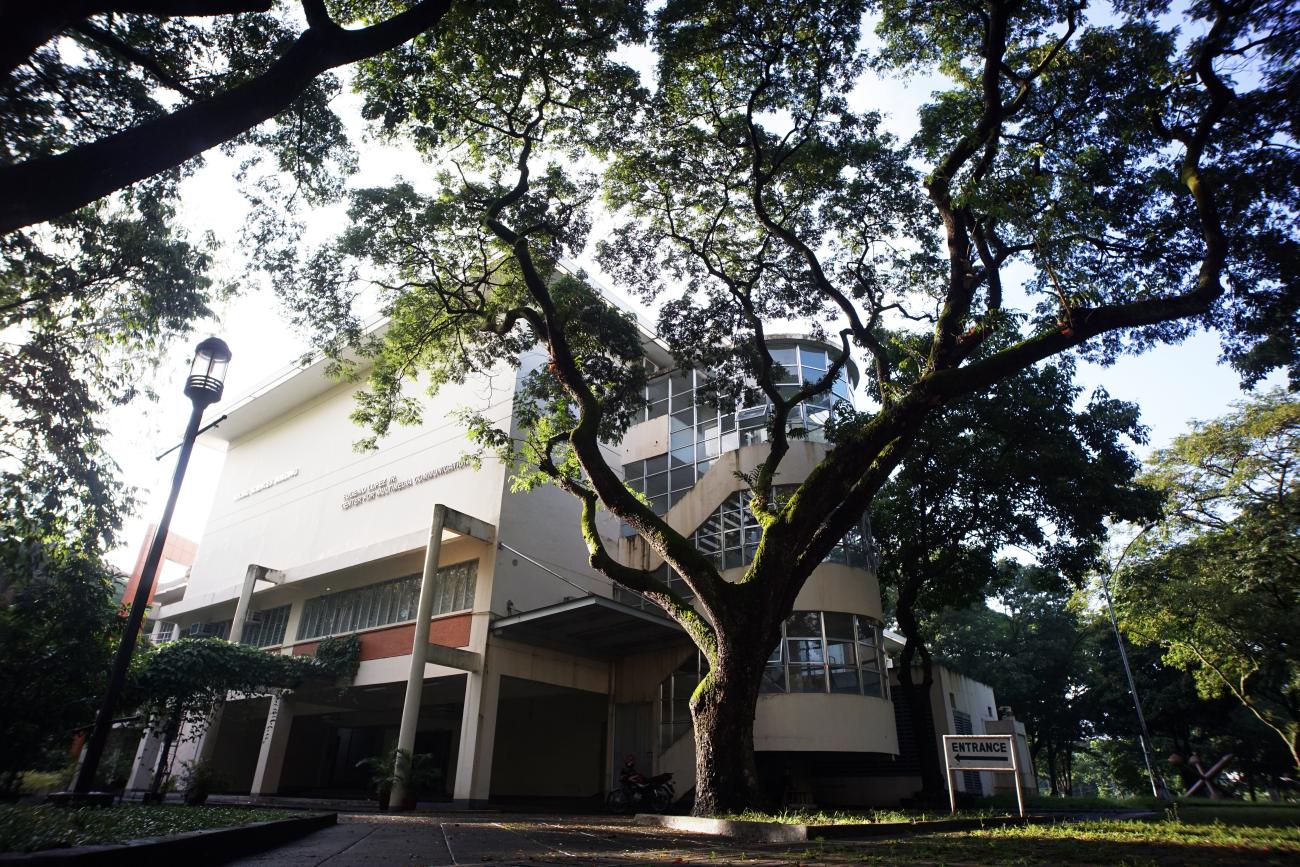If you want to pursue higher academic degrees, teach in the academe, or carry out communication research, then you can apply for admission to the Master of Arts in Communication (MA COMM) program. An MA COMM degree enables you to design research that contributes to public engagement, policy-making, and the creation of evidence-based interventions that respond to current issues, events, and needs. The program culminates in a thesis.
If you want to work in the communication industry or in communication-related fields, and are seeking to support your skills with training in research, then you can apply for admission to the Master in Communication (M COMM) program. With an M COMM degree, you can design research-based communication and media productions, be a leader in the communication profession, and engage in creating interventions to respond to current issues, events, and needs. The program culminates in an independent study project grounded in theory and research.
Curricula
The MA COMM program is built for academically-inclined students to write a thesis and contribute to the growing body of communication research. The M COMM program is built for industry-inclined students to create research-driven final projects and contribute to the communication profession. These two programs might have different aims, but their curriculum is grounded in research and theory, and a strong commitment to social justice.
All master’s students at the Department of Communication are trained in four core courses:
- COMM 201 – Theory and Process of Communication
- COMM 202 – Communication and Social Change
- COMM 292 – Research Methods in Communication
- A Core Production Course (this might include a writing or TV production course, which will help the student create a final project)
In addition to these core courses, all master’s students at the Department of Communication take electives consistent with their career goals and research/professional interests.
- The MA COMM students must take five communication electives and one free elective, which they can choose from across the Ateneo de Manila University’s graduate course offerings, provided that the elective is open to all majors.
- The M COMM students must take seven communication electives and two free electives, which they can choose from across the Ateneo de Manila University’s graduate course offerings, provided that these electives are open to all majors.
After completing their coursework, all master’s students at the Department of Communication must undergo a Comprehensive Examination. This comprehensive examination is taken in a semester, on its own, with no other courses. The students must take and pass BOTH components of the comprehensive examination in order to proceed to their thesis (MA COMM) or independent study (M COMM):
- The written comprehensive examination covers all the core subjects and the students’ communication electives. It is taken in four hours, on a Saturday.
- The oral comprehensive examination takes place the following Saturday, and lasts for thirty minutes. The student sits with three faculty members of the department, who take turns asking questions and discussing communication concepts with the student
Final Requirements
After passing their comprehensive examinations, all master’s students at the Department of Communication must pursue their final project.
MA COMM
MA COMM students write a final thesis. A graduate thesis in communication must have a conceptual understanding of a communication phenomenon. To do this, the student must be able to use theory as a lens to view a phenomenon, study that phenomenon using empirical and systematic means, analyze and interpret the data that they gather, and document all their work.
All MA COMM students must first propose empirical research, and then defend this proposal before a committee. When they pass their proposal defense, they can apply for ethics clearance from the Ateneo de Manila University Research Ethics Office. Upon receiving ethics clearance, they can proceed to gathering their data, analyzing, interpreting, and writing their thesis. They will then defend their thesis in front of a committee. To complete their graduation, students must either show proof that they have submitted their work to a journal for publication, or presented their research at a research conference.
M COMM
All M COMM students undertake an independent study. A graduate independent study in communication must demonstrate command of both the creative and empirical foundations of the field. To do this, the student must be able to carry out systematic social sciences research, and use this research to fuel their project.
All M COMM students must first propose a project to an adviser. Once their project passes scrutiny, the student must apply for ethics clearance from the Ateneo de Manila University Research Ethics Office. Upon receiving ethics clearance, they can proceed to gathering their data, analyzing and interpreting data, creating their project, and writing their final independent study paper.
Graduate Admissions
Learn more about applying for a graduate degree program in the Loyola Schools, Ateneo de Manila University, including information on scholarships and financial aid
